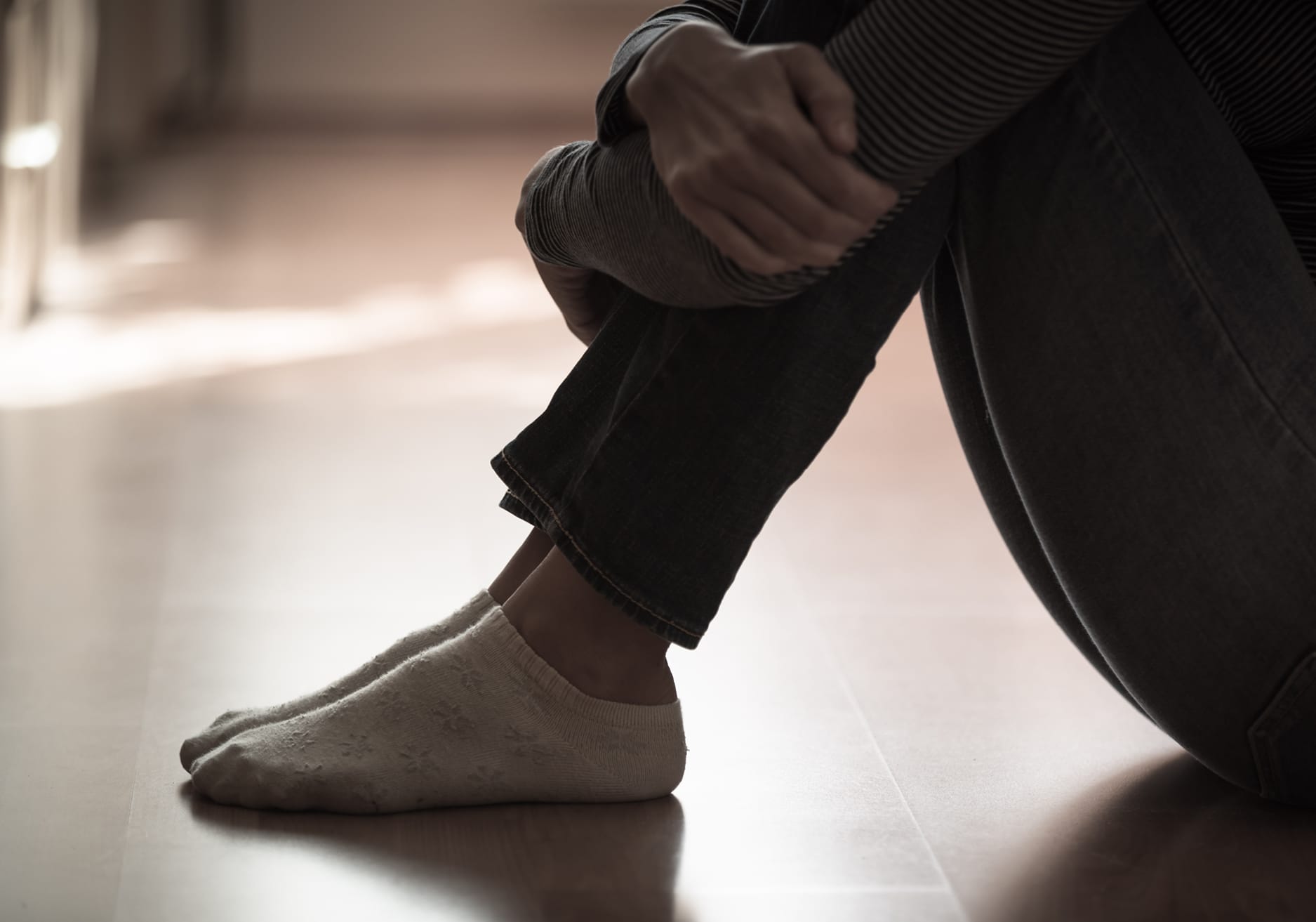
COVID-19 Puts Domestic Abuse Survivors at Even Greater Risk
In light of the coronavirus pandemic, families across America are being asked or required to remain at home and practice social distancing. While such steps are crucial to slowing the spread of COVID-19, we must also be mindful of how dangerous the home can be for those who are experiencing domestic violence, and take additional steps to protect domestic abuse survivors.
This is especially critical as we witness an increase in gun and ammunition purchases nationwide. Earlier this week, we hosted a call with Senator Amy Klobuchar and the National Coalition Against Domestic Violence to talk about these elevated risks. “Think about what we say to victims when they call and ask for help on the hotline. We say, ‘leave the house, leave the house.’ And the opposite message—for good public health reasons—is being conveyed right now,” said Senator Klobuchar.
Senator Klobuchar also called for the reauthorization of the Violence Against Women Act, which passed the House of Representatives one year ago with additional provisions on firearms. Ever since, the Senate majority has refused to even hold a debate on the bill, citing, among other issues, the firearms provisions that were added. “Now we’re going to see more than ever, why we need it in place,” the senator said.
[Listen to the full call here]
Coronavirus may elevate risk for domestic abuse survivors
During the current public health crisis, we need to be cognizant that domestic abuse survivors may face increased danger in their homes. Risks increase when protected parties are isolated, have limited access to legal remedies, and when safety planning, shelters, and counseling resources become unavailable. It is critical that all jurisdictions enact gun safety laws that recognize the very real risks associated with firearms and intimate partner violence and that communities fully implement and enforce these laws.
The deadly nexus of domestic violence and firearms
When an abusive partner has access to firearms, a victim of domestic violence is five times more likel y to be killed. Domestic violence assaults involving a gun are 12 times more likely to result in death than those involving other weapons or bodily force.
Additionally, far too many children live in homes where they experience the trauma of domestic violence and the very real threat associated with firearms being present in these situations. Such violence can have lasting consequences for children and the broader community.
Background checks can prevent abusive partners from getting guns
One in nine background check denials are connected to domestic abuse, and more than 300,000 people found to have perpetrated domestic violence have been blocked from buying guns by the federal background check system since its inception. Yet federal law does not require a background check to be performed before every gun sale, including sales by unlicensed, private sellers. This allows too many people who have been violent turn to private sellers to acquire deadly weapons. Jurisdictions should take immediate steps to ensure that background checks are appropriately implemented to ensure prohibited people aren’t able to access firearms.
Emergency protective orders save lives
States that restrict gun access among individuals subject to domestic violence restraining orders have seen a 13% reduction in firearm intimate partner homicides. Existing laws in this area can be further strengthened by closing dating partner and stalking loopholes. Current federal law doesn’t prohibit abusive dating partners from accessing guns, even though more than half of all intimate partner homicides are committed by dating partners. Current federal law also doesn’t prohibit people convicted of misdemeanor stalking crimes from having guns, even though one study found that 76% of women murdered and 85% who survived a murder attempt by an intimate partner were stalked in the year before the murder.
Courts and law enforcement should continue to provide access to emergency protective orders and proceedings that can provide protection for families during this crisis.
What governments should do
Some communities are taking concrete and proactive steps to ensure those who are prohibited from accessing guns as a result of restraining orders and other prohibitions surrender their firearms. Support for community-based agencies doing outreach to families and for public health services that can address the combination of threats will be of utmost importance right now. These efforts should continue during this critical period and receive additional investment going forward.
Additionally, as courts limit their hours or close to the public even temporarily, it is important that they continue to provide access to emergency orders to protect victims and their families. Some jurisdictions are implementing alternative approaches to providing legal protections including e-filing, telephonic or video appearances, online mediation and virtual child custody visitation. Each of these approaches can help reduce conflict and get information about risks, including access to firearms, to people who can help.
Now more than ever, it is critical that federal, state, and local policymakers take the steps necessary to keep families safe. As difficult budget decisions are made in the coming weeks and months, policymakers must keep in mind the prevalence of domestic violence and the risks associated with access to firearms in this context and prioritize funding for safe housing and other critical services to help minimize the danger to our most vulnerable populations.
You are not alone:
– National Domestic Violence Hotline: 1-800-799-7233
– National Suicide Prevention Lifeline: 1-800-273-8255